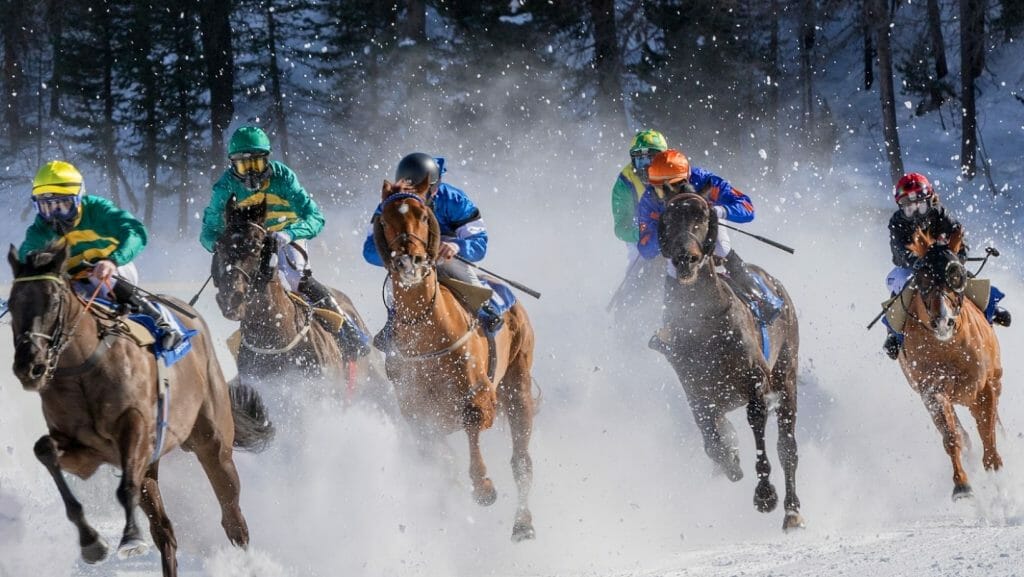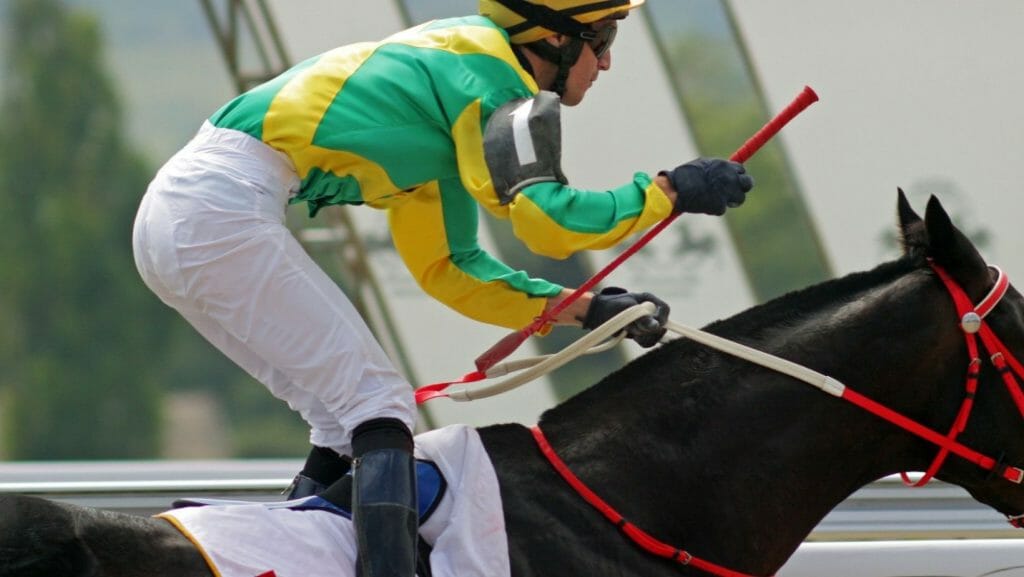You may have heard a lot about what goes into making a great racehorse, but what makes a great jockey is somewhat less discussed. A great racehorse must be strong, of course, and must be able to cover a lot of ground quickly, but the jockey that rides the horse is arguably just as important when it comes to achieving victory in the race. Since it’s horse racing season right now, we thought it would be a good idea to take a look at exactly what makes a great jockey. It’s more attainable than you might think, although there are certain physical characteristics that may be advantageous or disadvantageous to you. Technology and advantages for big investors lead horse racing’s future, see what is happening here. Let’s get started!
Strong decision-making skills
Even though a horse racing track is naturally linear, a jockey still has to make split-second decisions about what to do. Should they move the horse left or right? Should they try to overtake the horse in front or hang back and wait for a better opportunity? A great jockey will know how to approach these situations, analyzing each moment and maximizing it. As Andrew Balding told Betway, a jockey has to make “split-moment decisions…at 45 miles an hour”, so it’s important that any jockey is possessed of a strong analytical mind.
A light frame
Naturally, a lighter jockey will perform better. The more weight that drags the horse down, the slower it will move, so it’s important for a jockey to weigh as little as possible. Of course, this doesn’t mean a jockey shouldn’t be muscular; a strong frame is still important to be able to guide the horse and remain seated during particularly violent jumps or jostles. That’s why many jockeys that you see will be shorter; while there is no height requirement for a jockey, smaller people can be more muscular without being too heavy for the horse.
A lack of fear
A horse race can be a terrifying thing to behold. When the horses hit top speed, they can move in excess of 40 miles an hour, which is faster than the speed limit in many British cities. This means that a jockey needs to be utterly fearless when they hit the track with their companion. They can’t be scared of what will happen if they fall off the horse; they need to keep their mind entirely on the race and how to win it, so they need to be confident and assured. If you’ve ever ridden a horse, you’ll know that even doing so recreationally can be terrifying, so imagine what it must feel like to do so competitively!
A good relationship with animals
If you’re not really an animal person – if you don’t feel the kind of empathy for animals that many animal lovers do – then you won’t be a good fit as a jockey. A horse is not a tool; it is a living creature, possessed of its own whims and personality, and a great jockey knows how to understand that personality. If you don’t respect the horse, you won’t find that it performs for you. Getting to understand your horse and work alongside it, rather than trying to use it as you would a vehicle, is one of the core tenets of being a professional jockey with any degree of success.
Knowledge of etiquette and form
It might sound obvious, but any great jockey naturally has to know what they’re doing when it comes to horse racing. You can be possessed of all the innate talent in the world, but if you don’t know how to channel that talent, you’re going to find yourself at a loose end. You should know how to properly tack up your horse, for example, fitting it up for the race and doing so to a professional standard. That goes alongside knowing how to dress for the race, how to conduct yourself while on the track, and where to be during any given moment pre-and post-race.
Understanding the sport
You can’t expect to simply lead your horse onto the track and ride it to victory. If you’re going to be a great jockey, you also need to thoroughly understand the sport of horse racing and all of its associated concepts and jargon. This will also assist you in building a strategic understanding of how to approach each race; if you know the horses you’re riding against and the jockeys that are riding them, then you’ll be better able to make informed decisions. It’s just like any other sport; researching your opponents and the industry in which you find yourself is the key to victory.
Knowledge of the horse
Empathy for animals is important, of course, but it’s also crucial for you to know as much as you can about the specific horse that you’re riding. Ideally, you will have built a strong relationship with the horse prior to entering the race, but even if that’s not possible, you should use what time you have to get to know your horse. What are its particular strengths and weaknesses? What kind of character and temperament does it have? By understanding these fundamentals, you’ll put yourself in a much better position to win a race as a jockey.
As you can see, there are lots of characteristics that go into the making of a great jockey. We can’t possibly list them all here; there are many personality traits that could help you become a jockey, as well as a certain indefinable “something” that great jockeys have, and others don’t. If you intend on entering this profession, we wish you the best of luck!










